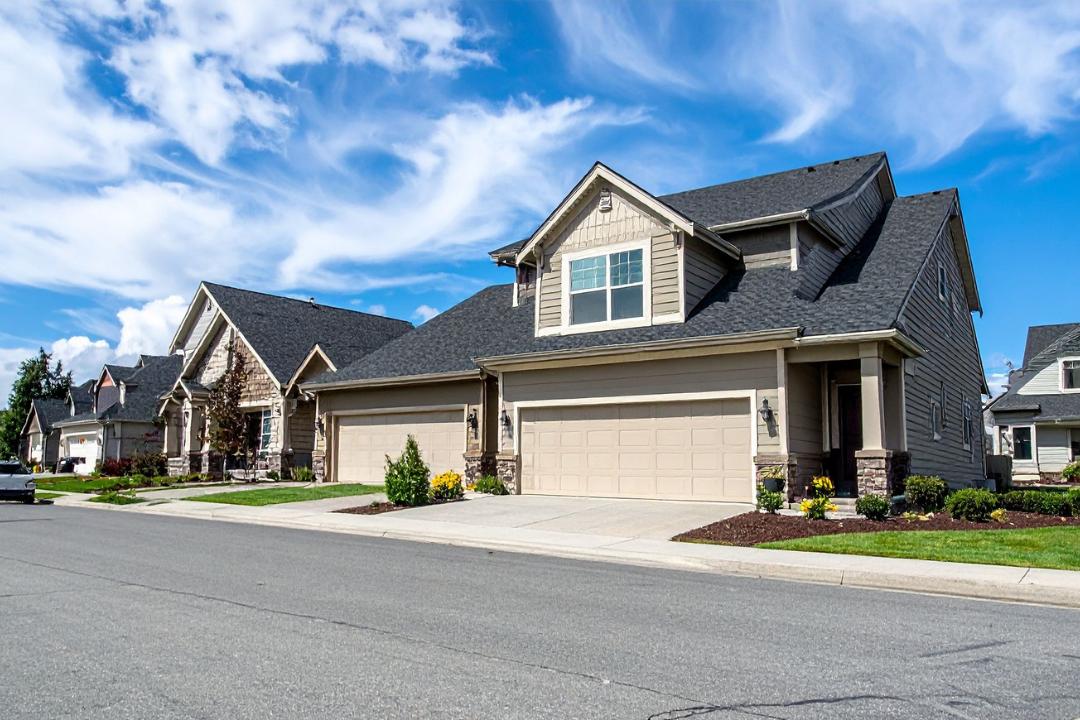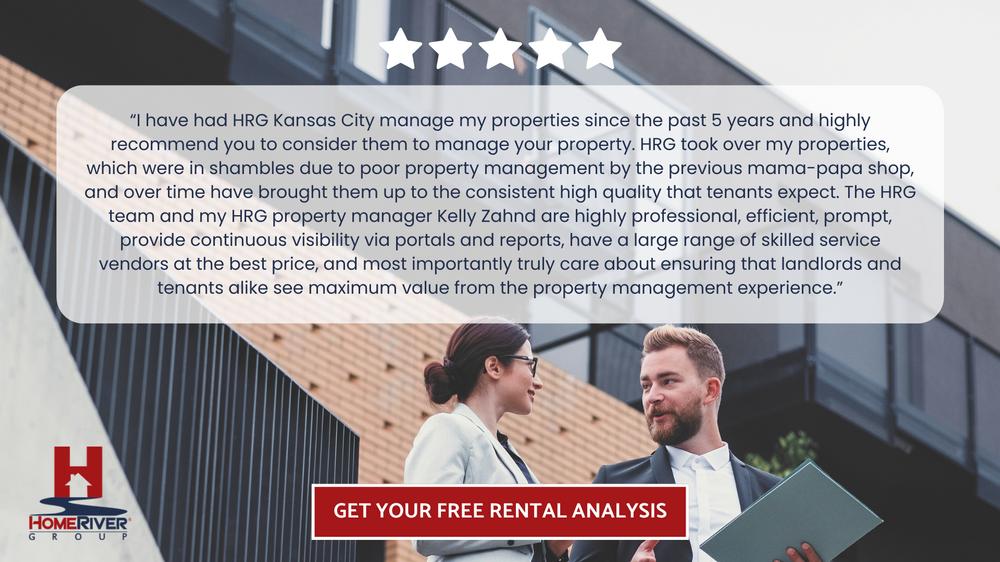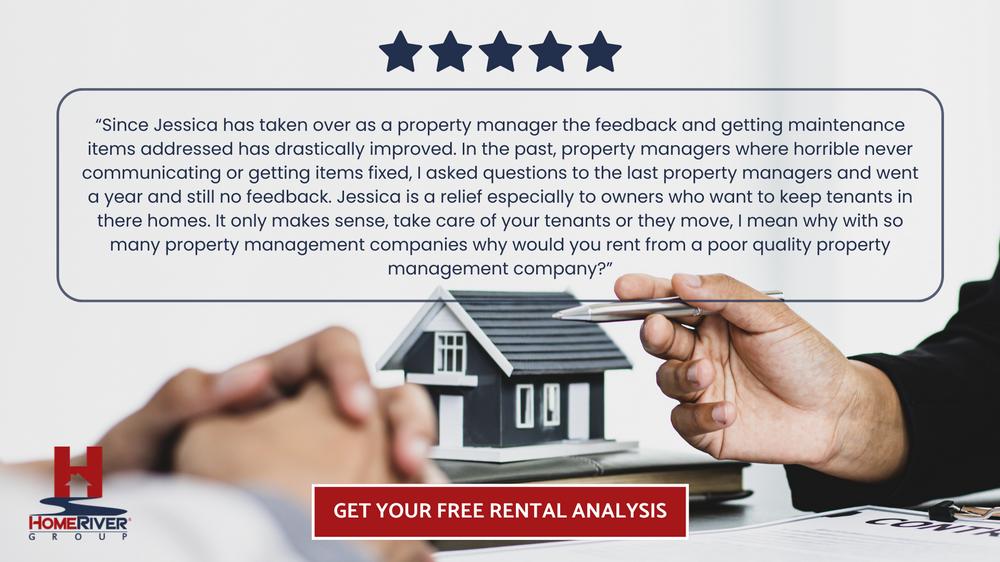
Security deposits are one of the most commonly misunderstood elements of a rental agreement. Both tenants and property owners often find themselves navigating unclear expectations, which can lead to unnecessary disputes or legal risks. In Alabama, strict rules govern how security deposits are collected, handled, and returned, and it’s essential that both parties understand what the law permits. Staying informed helps prevent avoidable issues while setting the tone for a successful leasing experience.
As one of the nation’s largest property management firms, HomeRiver Group brings decades of industry knowledge and compliance experience to rental markets across the country. With professional teams operating in over 30 states and local expertise in every region we serve, our clients trust us to manage everything from single-family homes to multi-unit portfolios. We do more than maintain properties; we protect investments, strengthen tenant relationships, and ensure that every legal obligation is met without compromise.
We will be discussing Alabama security deposit law and how landlords and tenants can meet its requirements with clarity and confidence.
Understanding Alabama Security Deposit Law
Security deposits play a critical role in rental relationships throughout Alabama. These upfront payments are designed to protect landlords from financial losses related to property damage or unpaid rent, while also offering tenants peace of mind when entering a lease agreement. Understanding Alabama’s security deposit laws helps both landlords and tenants avoid misunderstandings and stay compliant with state regulations.
In Alabama, the security deposit rules are outlined in the Alabama Uniform Residential Landlord and Tenant Act. This legislation outlines how much a landlord can legally charge, when the deposit must be returned, and under what conditions funds can be withheld. Clear documentation, consistent communication, and following the letter of the law are essential practices that benefit both parties.
For landlords, these rules are more than legal requirements; they are a reflection of how professionally a rental property is managed. For tenants, knowing their rights from the start helps create a more transparent and stress-free rental experience.
How Much Can A Landlord Charge For A Security Deposit In Alabama?
In Alabama, state law limits the amount a landlord can charge for a security deposit. The standard rule is that a landlord may not require more than the equivalent of one month’s rent as a security deposit. This limitation applies to residential leases and is intended to create a fair starting point for tenants without placing an excessive financial burden on them.
There are, however, certain exceptions to this rule. Landlords are legally allowed to request additional deposits to cover pets, changes to the property requested by the tenant, or increased liability risks. These extra charges must be reasonable and clearly outlined in the lease agreement. Transparency is key in avoiding disputes later in the rental term.
Landlords who follow these deposit limits not only remain compliant with Alabama law but also demonstrate a commitment to ethical property management. This kind of clarity is what HomeRiver Group builds into every lease we manage across the state. Our approach helps protect the property while keeping rental experiences simple and fair for everyone involved.
When And How Should Landlords Return A Security Deposit?
Understanding the correct timing and method for returning a security deposit is essential for staying compliant with Alabama law. Mistakes in this process can lead to legal consequences and damage the landlord-tenant relationship. Here's what property owners and renters need to know:
Timeframe For Returning The Security Deposit
In Alabama, landlords have 60 days from the end of the lease to return the tenant’s security deposit. This countdown begins once the tenant has vacated the property and returned the keys. Missing this deadline can result in legal penalties, including the possibility of having to pay twice the amount withheld.
Requirements For Itemized Deductions
If any portion of the deposit is being withheld, the landlord must provide an itemized list of deductions. This list should explain exactly what the deductions cover, such as damage beyond normal wear or unpaid rent. Without this documentation, the landlord may not legally retain any part of the deposit.
Importance Of Property Inspections
Thorough inspections at move-in and move-out are key to protecting both parties. Landlords should document the condition of the property with written notes and time-stamped photos. This step supports any deductions made and helps prevent disputes. HomeRiver Group recommends following a structured approach like this rental property inspection checklist, to stay organized.
Legal Risks Of Noncompliance
Failure to return the deposit or provide a valid reason for withholding it within 60 days can open landlords up to legal action. Tenants may seek double the amount wrongfully withheld, which creates unnecessary risk for property owners. HomeRiver Group simplifies this process by handling deposit compliance on behalf of landlords and helping avoid common missteps.
Additional Resources For Landlords
For a deeper explanation of deposit return timelines, we’ve published a detailed guide that answers common questions. Learn more in our article: how long does landlord have to return deposit. HomeRiver Group provides the tools and support needed to meet state regulations with confidence and consistency.
Common Reasons For Withholding A Security Deposit In Alabama
Security deposits are designed to cover specific losses related to damage or financial defaults during a lease. Alabama law permits landlords to withhold funds only under lawful, well-documented conditions. Below are the most common and valid reasons deposits may not be returned in full:
Damage Beyond Normal Wear And Tear
Landlords may deduct from a security deposit if the property has damage that exceeds ordinary use. This includes broken fixtures, holes in walls, or stains that require professional cleaning or repair. Normal wear, such as minor carpet fading or light scuff marks does not qualify.
Unpaid Rent Or Utilities
If rent remains unpaid or utility bills are left outstanding at the end of the lease, landlords can deduct these amounts. The charges must be clearly documented and supported by the lease terms. Providing copies of unpaid invoices is strongly recommended.
Cleaning Costs To Restore Property To Move-In Condition
A property must be returned in reasonably clean condition, similar to when the tenant first moved in. If deep cleaning is required due to trash, grime, or pest issues, those costs may be deducted. Landlords should document the condition through photos or inspection records.
Lease Violations That Result In Financial Loss
Certain lease violations, such as unauthorized pets or smoking in non-smoking units, may result in financial loss to the landlord. These violations may justify a partial deduction from the deposit if clearly outlined in the lease. It is important to refer to signed agreements for support in these situations.
Documentation And Inspection Best Practices
Accurate documentation and thorough inspections are essential parts of managing security deposits. These practices protect both landlords and tenants by creating a clear record of the property's condition throughout the lease. Here's how both parties can stay organized and compliant:
Conduct Move-In And Move-Out Inspections
Landlords should inspect the property before a tenant moves in and immediately after they move out. These inspections help establish the condition of the unit at each stage and can be used as evidence if deductions are necessary. Having the tenant present during inspections adds an extra layer of transparency.
Use Photos And Written Notes
Photos taken during inspections provide reliable visual proof of the property's condition. Written notes that correspond with the photos help clarify what was observed and when. These materials should be dated and stored with the lease documentation.
Provide Tenants With Copies
Tenants should receive a copy of the inspection report after each walkthrough. This promotes accountability and gives tenants a chance to address any concerns early. Providing a record helps reduce the chances of disputes at move-out.
Follow A Consistent Checklist
Using a structured inspection checklist ensures that no detail is overlooked. Landlords can rely on tools like our rental property inspection checklist to guide their process. This helps maintain consistency across properties and protects owners from legal issues related to incomplete records.
How HomeRiver Group Helps Alabama Property Owners Stay Compliant
Navigating Alabama's rental laws can be complex, especially for property owners managing multiple units or those new to leasing. HomeRiver Group simplifies this process by offering professional property management services that keep landlords in full compliance with state regulations. Here's how we support our clients throughout every stage of the lease process:
Lease Compliance And Legal Guidance
HomeRiver Group ensures that every lease agreement aligns with Alabama's landlord-tenant laws. Our team reviews key lease provisions to confirm legal deposit limits and proper terms. We also help owners navigate questions beyond deposits, including topics like does a landlord have to give a reason for not renting, so every decision is backed by clear legal understanding.
Routine Inspections And Documentation
We conduct scheduled inspections using proven processes to document property condition and tenant care. Our reports include time-stamped photos and detailed notes, stored securely for reference when needed. This level of documentation helps support valid security deposit deductions.
Timely Deposit Returns
HomeRiver Group manages the return of security deposits within Alabama's 60-day deadline. We also provide itemized statements when deductions apply, giving both clarity and legal protection. Our team handles communication directly with tenants to ensure a smooth closing process.
Streamlined Property Management Services
Beyond security deposit handling, HomeRiver Group offers full-service property management across Alabama. We assist with tenant screening, maintenance coordination, rent collection, and compliance checks. Landlords gain peace of mind knowing every step is handled professionally and according to the law.
Final Thoughts
Understanding Alabama security deposit law is essential for both tenants and landlords who want to avoid confusion and stay legally protected. From setting the right deposit amount to returning it properly, every step in the process must follow state guidelines. Clear documentation, consistent inspections, and open communication go a long way in building trust and preventing disputes.
HomeRiver Group helps property owners navigate these responsibilities with confidence. Our team ensures every lease, inspection, and deposit transaction is handled with precision. Whether you own one rental home or manage multiple properties, we are here to simplify your operations and keep you compliant across the board.
Read also:
How To Use The Gross Rent Multiplier To Evaluate Rental Properties
Proven Real Estate Investing Tips To Maximize Your Rental Income
Frequently Asked Questions About Alabama Security Deposit Law
Can a landlord in Alabama require a non-refundable deposit?
Yes, landlords in Alabama may collect non-refundable fees, but these must be clearly labeled as non-refundable in the lease agreement. If not properly disclosed, courts may treat them as part of the refundable security deposit.
Are security deposits required by law in Alabama?
No, Alabama law does not require landlords to collect a security deposit. However, most do so as a financial safeguard against damage or unpaid rent.
Is interest required to be paid on security deposits in Alabama?
No, Alabama does not require landlords to pay interest on security deposits held during a tenancy. The deposit amount can be returned exactly as received unless deductions are made.
What happens if a tenant does not provide a forwarding address?
If a tenant fails to give a forwarding address, the landlord should still attempt to return the deposit by mailing it to the last known address. If the check is returned or unclaimed, the landlord may have to follow Alabama's procedures for unclaimed property.
Can a tenant use the deposit as their last month's rent?
Alabama law does not allow tenants to automatically apply the security deposit to their final month's rent without the landlord’s written consent. Doing so without agreement could be considered a lease violation.
What if multiple tenants live in the same rental unit?
When multiple tenants sign the lease, the landlord may issue the deposit refund in a single check to all parties. It is the tenants' responsibility to divide the refund among themselves unless the lease specifies otherwise.
Are pet deposits treated the same as security deposits in Alabama?
Pet deposits are allowed as additional charges and can be either refundable or non-refundable, depending on how the lease is written. They are not included in the standard one-month rent limit on security deposits.










